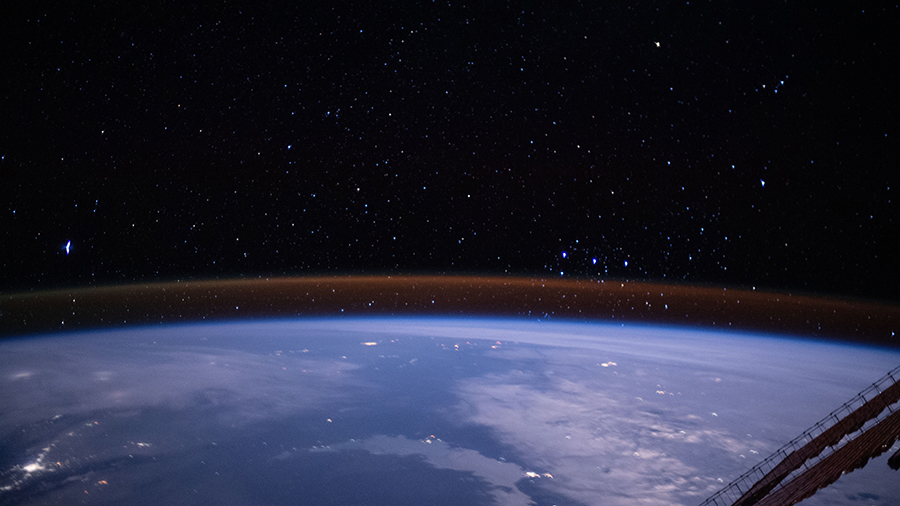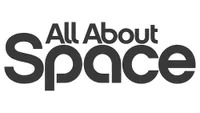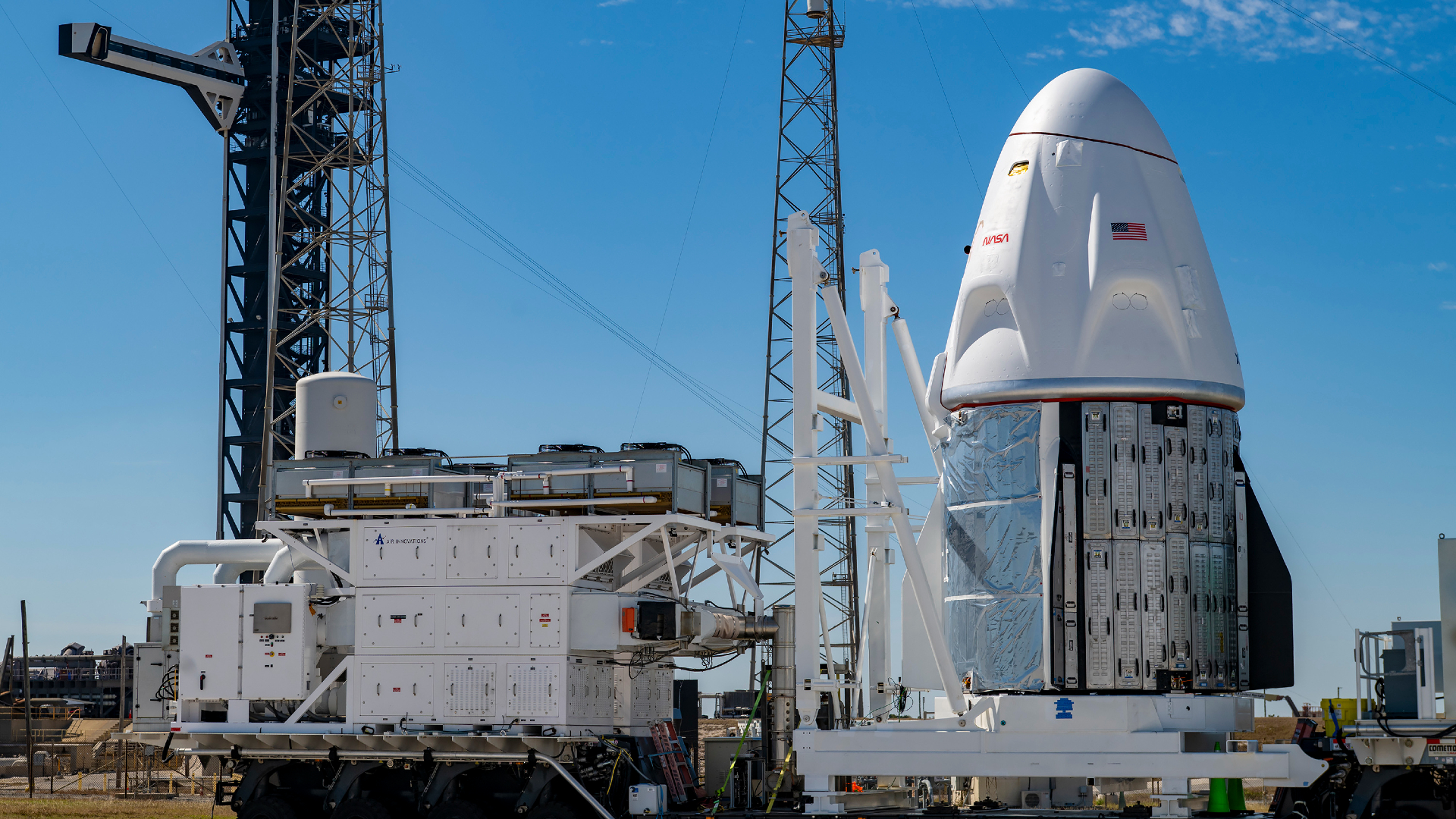With coronavirus spreading, NASA may tweak astronaut prelaunch quarantine plans
NASA and space agencies across the world have added new measures to prevent the spread of COVID-19.
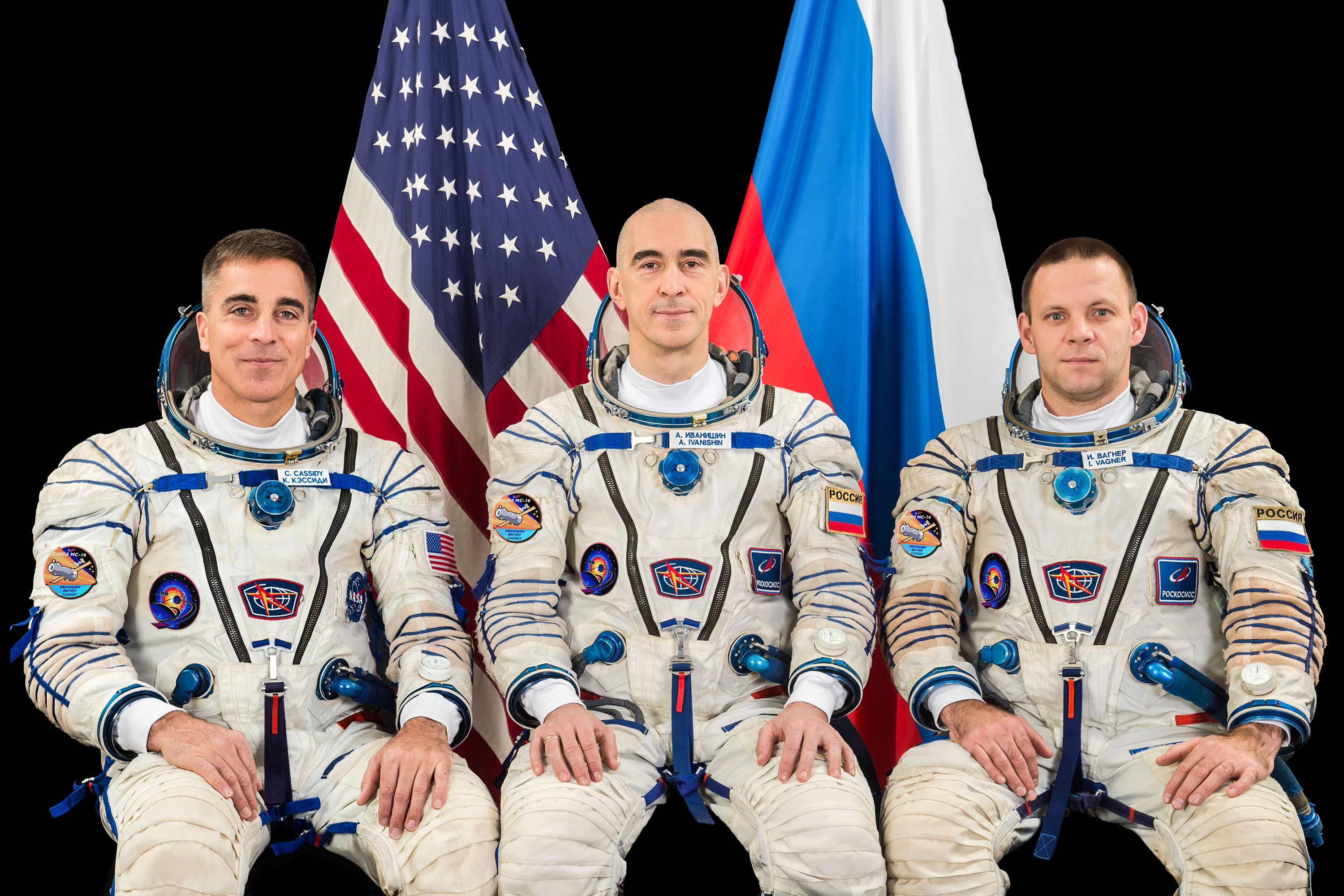
Breaking space news, the latest updates on rocket launches, skywatching events and more!
You are now subscribed
Your newsletter sign-up was successful
Want to add more newsletters?

Delivered daily
Daily Newsletter
Breaking space news, the latest updates on rocket launches, skywatching events and more!

Once a month
Watch This Space
Sign up to our monthly entertainment newsletter to keep up with all our coverage of the latest sci-fi and space movies, tv shows, games and books.

Once a week
Night Sky This Week
Discover this week's must-see night sky events, moon phases, and stunning astrophotos. Sign up for our skywatching newsletter and explore the universe with us!

Twice a month
Strange New Words
Space.com's Sci-Fi Reader's Club. Read a sci-fi short story every month and join a virtual community of fellow science fiction fans!
The procedure to ensure that astronauts don't bring an illness to the International Space Station is under evaluation as NASA enacts tactics to help slow the spread of the novel-coronavirus disease COVID-19.
Governments and agencies around the world have been enacting measures meant to contain the spread of the novel coronavirus; those measures include social distancing and quarantines for people who think they may have been exposed to the virus. But these tactics aren't new territory for NASA astronauts, who take such measures to prepare for close-quarter, secluded living that can last six months or longer.
NASA and its international partners mandate that soon-to-be spacefarers stay in quarantine for two weeks before launching into space. This is done in order to ensure that they are not sick or incubating an illness when they reach the orbiting lab.
Related: The ultimate kids' guide to the new coronavirus
As Brandi Dean from NASA's Public Affairs Office explained in an email to Space.com, this procedure is called "health stabilization."
The procedure is especially important for astronauts because day-to-day living in microgravity can affect the immune system.
Dean said there are no astronauts currently close enough to their launch for standard prelaunch quarantine. (The next crew, comprising NASA astronaut Chris Cassidy and Russian cosmonauts Anatoly Ivanishin and Ivan Vagner, is scheduled to launch on April 9.)
Breaking space news, the latest updates on rocket launches, skywatching events and more!
Related: Italy's coronavirus response dramatically reduces air pollution emissions, satellites show
Beyond the typical spaceflight health measures, NASA is "closely adhering" to the infection-control recommendations made by the Centers for Disease Control and Prevention (CDC) to combat the spread of the novel coronavirus that causes the disease COVID-19, Dean said.
"This includes cleaning of surfaces, social distancing, emphasizing hand hygiene, encouraging NASA team members who are sick to stay home and limiting contact with crewmembers," Dean said.
Due to COVID-19, the space agency is currently evaluating changes to the standard health-stabilization plan. According to SpaceNews, Russia's space agency has suggested lengthening the quarantine for the trio launching in April, and NASA officials are discussing the measure with their counterparts.
"We expect them to take additional measures to make sure that quarantine is a little tighter," Kirk Shireman, ISS program manager at NASA, told Space News. "We're ready to deal with that if it happens."
NASA's virus-slowing measures extend beyond the astronaut corps. Most notably, the agency's Ames Research Center in California is "temporarily on mandatory telework status, with restricted access to the center until further notice," according to a NASA statement issued on Monday (March 9). That statement came after the agency received confirmation that an employee at Ames tested positive for COVID-19.
- Satellite images show Iran's mass graves for coronavirus victims
- Space Symposium 2020 postponed indefinitely due to coronavirus pandemic
- Northeast Astronomy Forum 2020 goes virtual for coronavirus countermeasure
Follow Doris Elin Urrutia on Twitter @salazar_elin. Follow us on Twitter @Spacedotcom and on Facebook.
OFFER: Save at least 56% with our latest magazine deal!
All About Space magazine takes you on an awe-inspiring journey through our solar system and beyond, from the amazing technology and spacecraft that enables humanity to venture into orbit, to the complexities of space science.
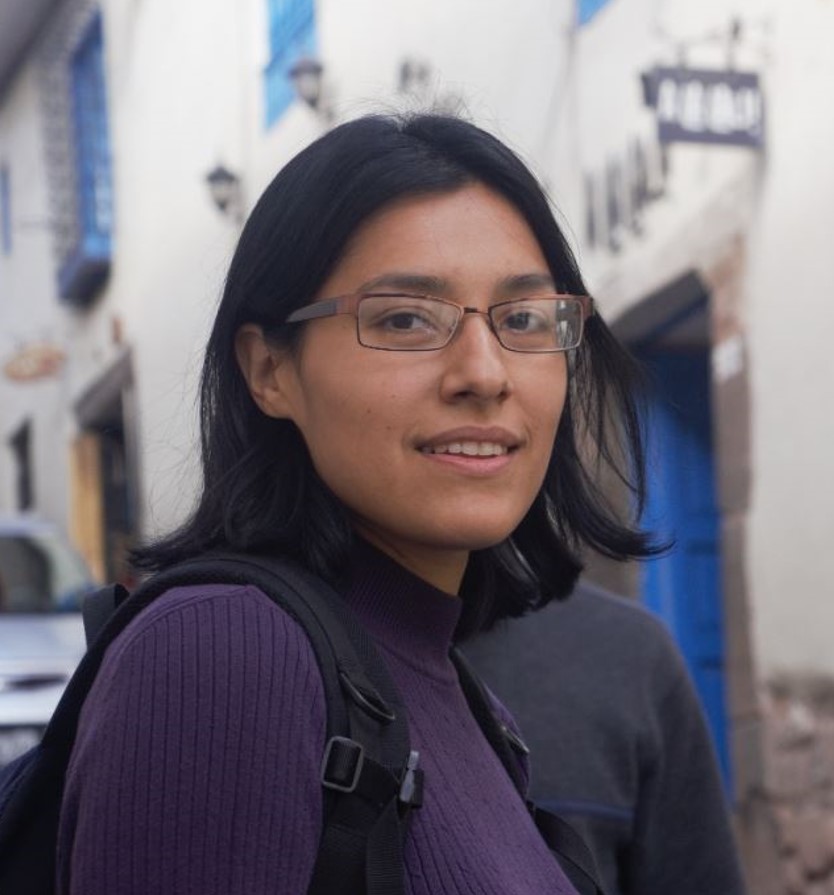
Doris is a science journalist and Space.com contributor. She received a B.A. in Sociology and Communications at Fordham University in New York City. Her first work was published in collaboration with London Mining Network, where her love of science writing was born. Her passion for astronomy started as a kid when she helped her sister build a model solar system in the Bronx. She got her first shot at astronomy writing as a Space.com editorial intern and continues to write about all things cosmic for the website. Doris has also written about microscopic plant life for Scientific American’s website and about whale calls for their print magazine. She has also written about ancient humans for Inverse, with stories ranging from how to recreate Pompeii’s cuisine to how to map the Polynesian expansion through genomics. She currently shares her home with two rabbits. Follow her on twitter at @salazar_elin.
